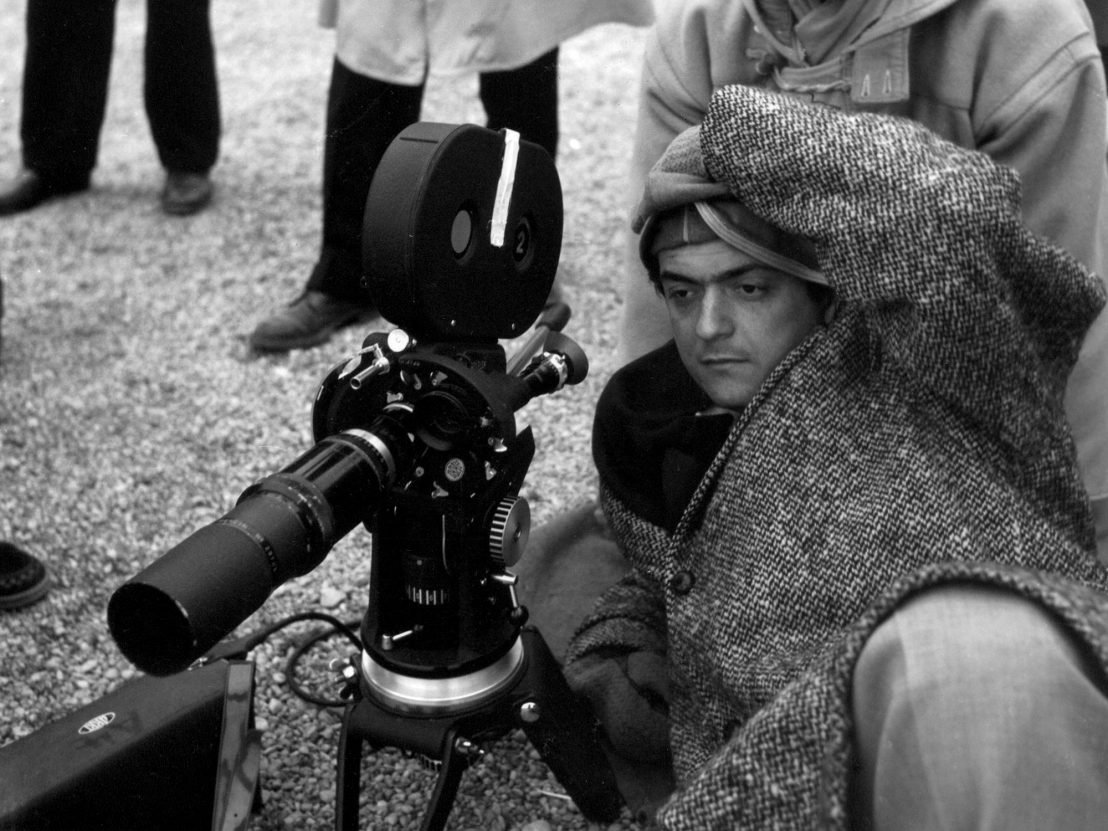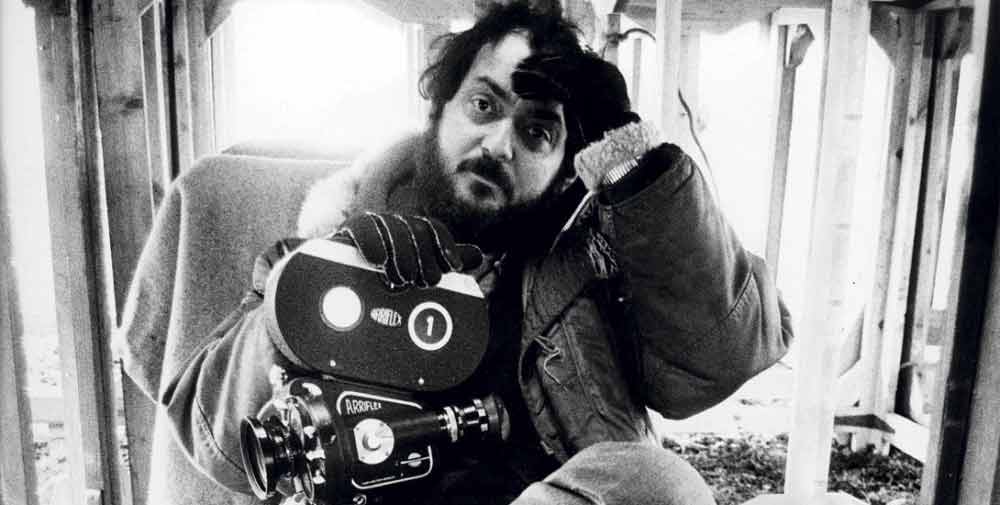
For more than forty years, critics have both lauded and heavily critiqued the performances in Kubrick's catalog. The first film to gain such attention was his third feature film Paths of Glory (1957) which starred the late Kirk Douglas. The acting in this film is quite grim and serious. People often point to the ending song in the tavern as one of the most powerful displays of acting in the 1950s. (Pointless trivia, but the actress was Kubrick's wife)
https://www.youtube.com/watch?v=dGmuICb8a7Y
This is starkly contrasted with his 1964 epic black comedy Dr. Strangelove or How I Stopped Worrying and Learned to Love the Bomb where the world was able to see the beauty of Kubrickian overacting make its glorious debut. This romp of a political comedy takes advantage of cold war fears and turns it completely on its head. The strong patriarchal power structure is completely shattered by General Jack D. Ripper who instigates the end of the world due to his sexual frustrations, and his subsequent charge of culpability onto the Russians for contaminating his precious bodily fluids. Kubrick initially had a difficult time trying to convince his actors to overact the way he wanted them to. In turn, he ended up lying to them and had them do a variety of "test" sequences. Unbeknownst the actors, Kubrick ended up using the test takes instead of the ones he told the actors he was going to use for the film. The result, ends us with some extremely wacky performances that have made a
classic impact on film.

https://www.youtube.com/watch?v=UxLe8MWdWe0
As Kubrick's filmmaking matured, his use of overacting started to become a device that had more thematic significance rather than just going for a satirical presentation of the United States government. In A Clockwork Orange (1971) every sensation is heightened. When I watch this film, I remember the immortal words from Alex about ultraviolence and how he and the droogs take psychoactive drugs in order to sharpen themselves up. This film makes me feel like I'm on a drug. I think the majority of the overacting in this film has to do with the lack of emotional maturity in these characters. They are teenagers, but they have been stripped of their innocence and have become monstrous members of a decaying society. There are several instances that hint at Alex being sexually abused by elder members of the film, which translates into his childlike stunted emotional state. Somehow the overacting works and I believe it his how Kubrick frames it, is what makes it work. Its all about subtext. In this scene the government essentially apologizes to Alex for ruining his life, while he childishly chews his food in a very over the top manner.

https://www.youtube.com/watch?v=Bp6IiAOs5yg
The most controversial of Kubrickian acting is definitely in The Shining (1980). Most people are aware of the stress that was induced onto Shelly Duvall during the making of the film. Kubrick would purposely antagonize her on set in order to keep her on edge. This went way too far in several areas, as she started to lose hair because of the stress she was under. And while her acting seems rather reasonable most of the time, Jack Nicholson's acting is put on full nut mode in his film. Kubrick stated in interviews that he was interested in Nicholson's acting after seeing him in One Flew Over The Cuckoo's Nest (1975) which definitely signified an ability of Nicholson's to go over the top. This performance from him had varying responses. Spielberg for instance, was not a fan of it essentially. This is a humorous video of Spielberg telling a story about the time he told Kubrick to his face that he didn't like Nicholson's performance.

https://www.youtube.com/watch?v=usp69QA5xHA
When Kubrick mentioned his love for James Cagney, somehow all of his choices regarding the acting direction suddenly make sense. Its about personal taste and the way Kubrick used an acting style that he found effective, and was able to enrapture other people into it is nothing short of genius. Kubrick films, as Spielberg said it best, seem to take time to blossom in people's minds. These performances are the ones that will be remembered for many generations after us.
https://www.youtube.com/watch?v=-IoK9icP-EM
No comments:
Post a Comment